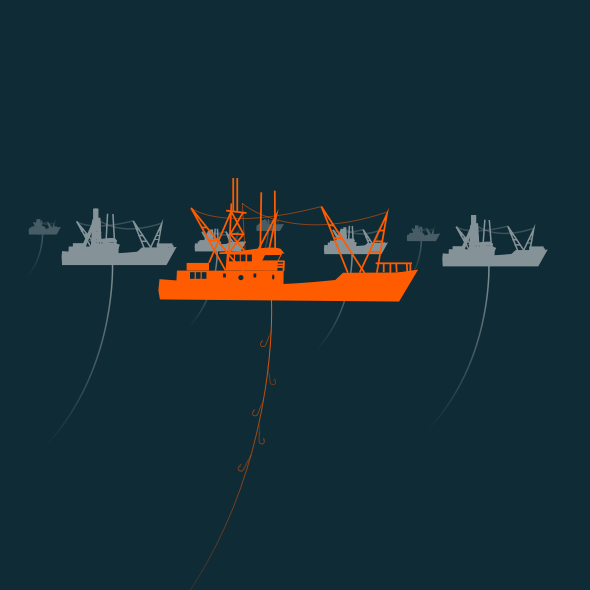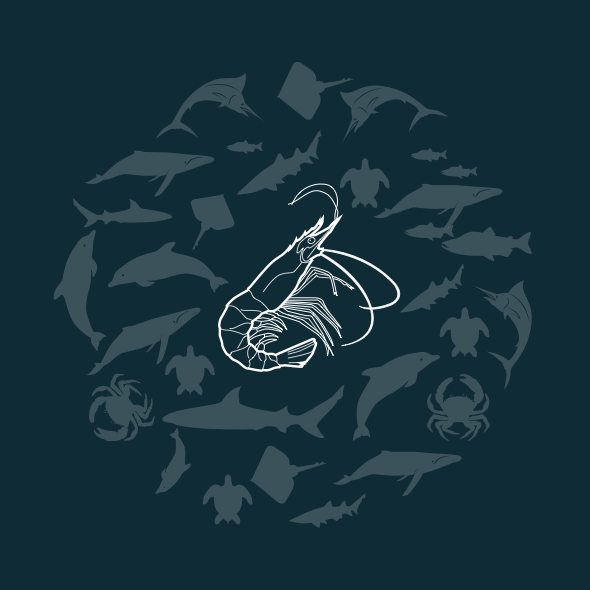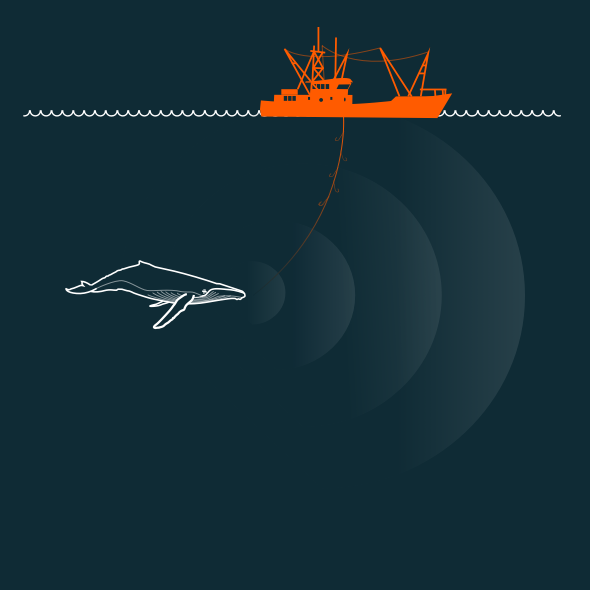-
We do what international authorities can’t … or won’t.
Direct Action Campaigns
from Sea Shepherd Australia
Operation Living Fjords
Breaking: Police Charges Filed in Faroe Islands Against Grind Whalers Halts Hunts
Saturday, 29 Nov, 2025
Operation Antarctica Defense
World’s Most Important Whale Feeding Ground Under Threat
Monday, 24 Nov, 2025
Marine Debris Campaign
Celebrate the End of the Year with a Community Clean-up in Your Town
Monday, 10 Nov, 2025
Facts & Figures
Marine Debris Campaign
Facts and figures
Sharks
Facts and figures
Simple truths
Facts & Figures
Did You Know?
Facts & Figures
Did You Know?
Facts & Figures
Did You Know?
Facts & Figures
Did You Know?







In 2 years, we collected 1,233,595 pieces of rubbish from our beaches in 279 beach clean-ups. 80% of these items were plastic.
Around the world, between 70 and 100 million sharks die each year through fishing, shark finning and shark mitigation programs.
For every pound of trawled shrimp, up to six pounds of "bycatch” is also captured, including turtles and dolphins.
Illegal fishing accounts for an estimated 11-26 million tons of the annual catch of fish globally.
12-15 million tons of plastic ends up in the ocean every year, killing one million seabirds and 100,000 marine animals.
Humpback whales communicate with complex songs that can be as loud as the sound of a jet plane (around 150 decibels).
If not for whaling, ship strikes, pollution and entanglement in fishing gear, some whales could live for over 200 years.